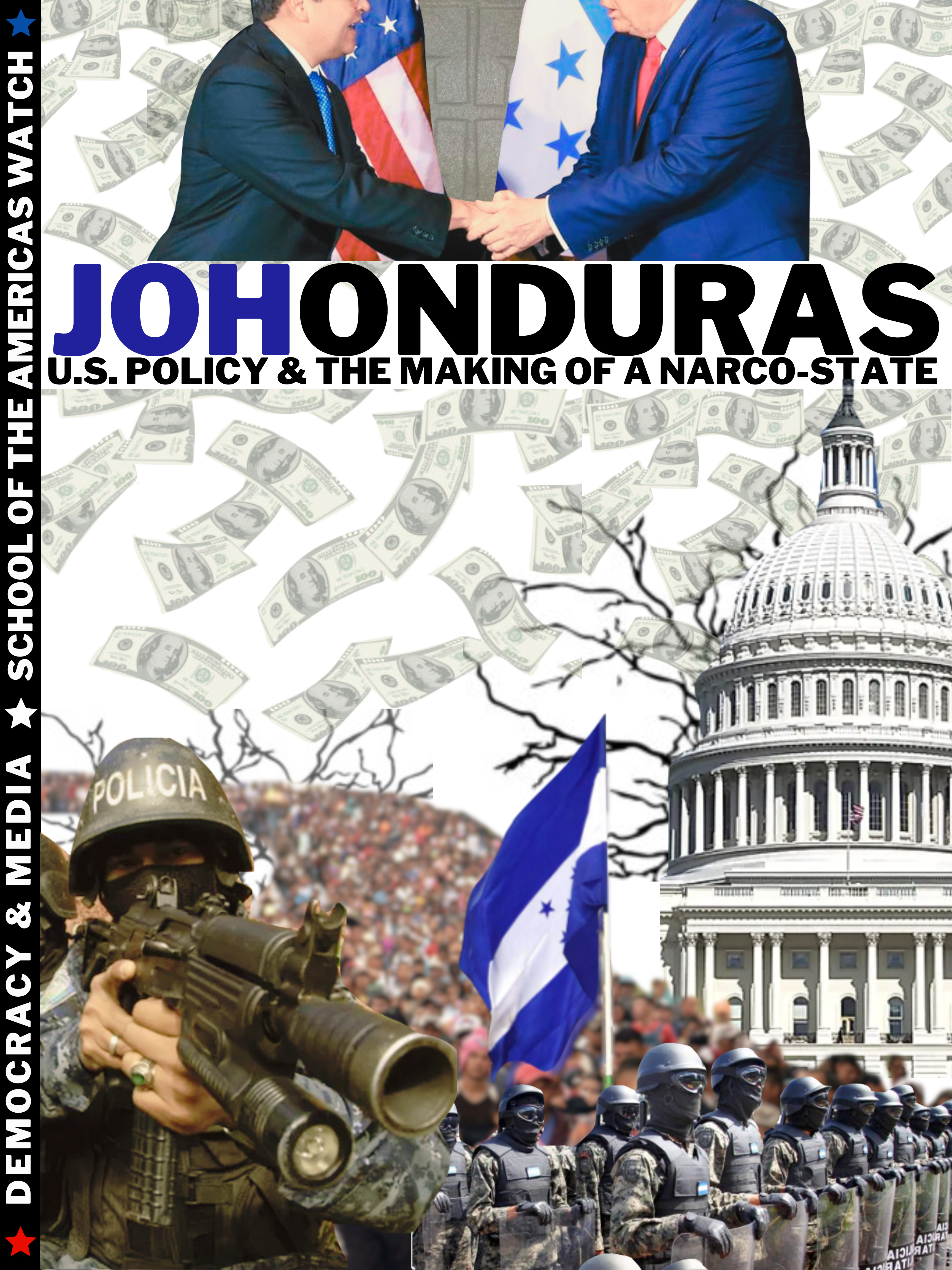The InterReligious Task Force on Central America (irtfcleveland.org) is pleased to announce the Cleveland State University chapter of the National Lawyers Guild (nlg.org) as our partner for the 2024 Liberation Lab!
his year’s Liberation Lab (aka Social Justice Teach-In) will be held at the Cleveland State University College of Law, and will take place over two days: Thursday, March 7, 2024 (The Duty of Dissent in a State of Injustice, with a panel hosted by NLG, and a screening of The Trial of the Chicago 7), and Saturday, April 13, 2024 (Building Worlds Not Jails, with a day of plenaries, workshops, and skill shares hosted by IRTF, NLG, and other partner organizations). Each year, this event has been an informative and educational teach-in for northeast Ohio’s students and community members, thanks to the generosity of our event sponsors… which we hope will include you or your organization!


